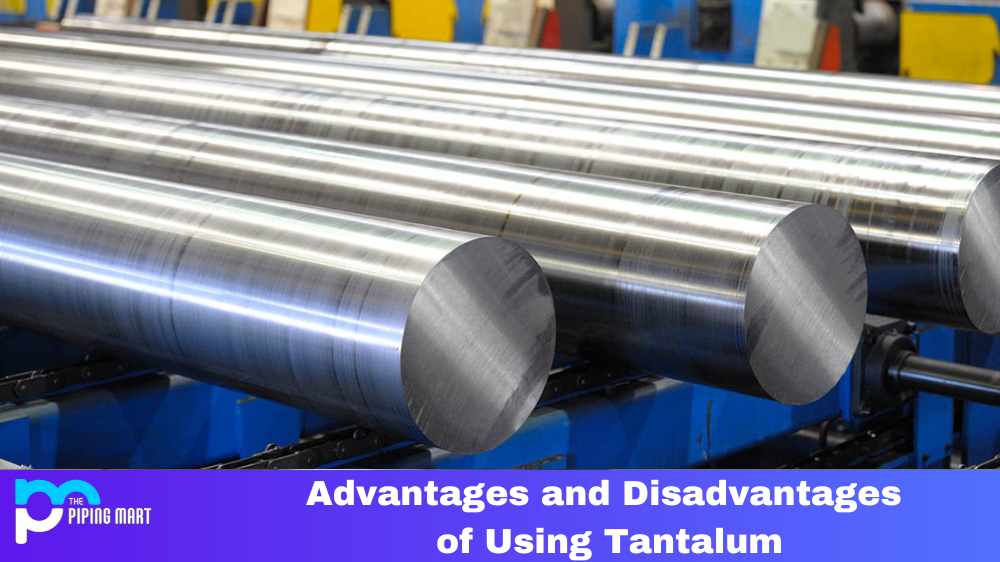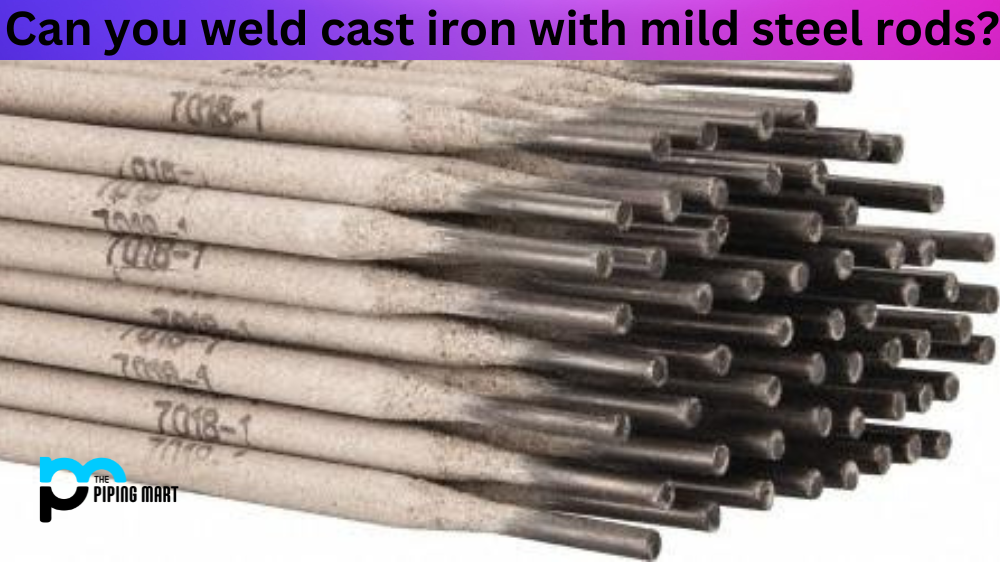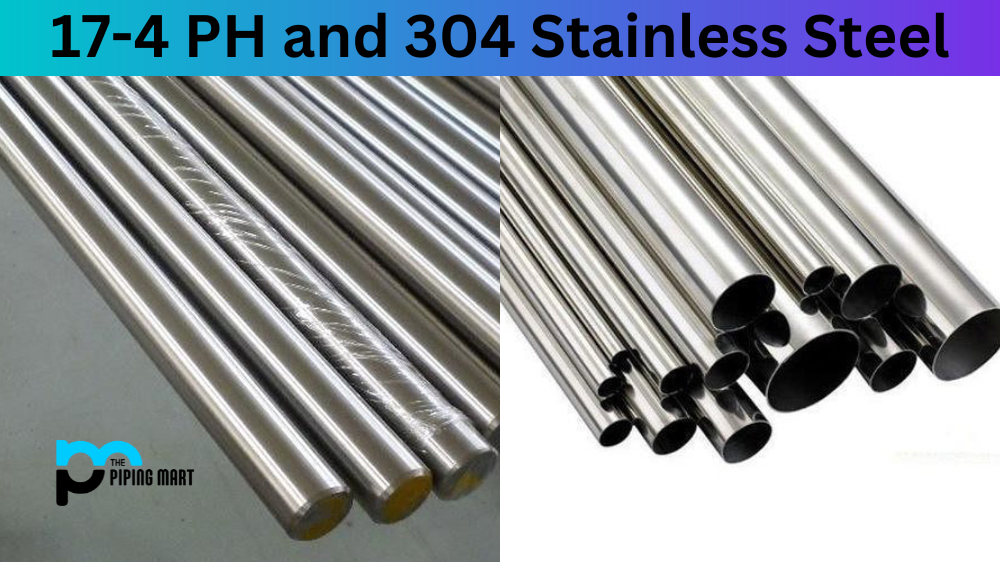Tantalum is a rare, heavy metal that has many industrial applications. It is used in the production of high-end electronics and medical equipment, as well as in aerospace engineering. While tantalum has many advantages, it also has some drawbacks that need to be considered before using it. This blog post will discuss the pros and cons of using tantalum in your business.
5 Advantages of Tantalum
One of the main advantages of using tantalum is its extreme corrosion resistance, making it ideal for use in corrosive environments. This makes it a perfect choice for medical equipment, aerospace engineering, and other industries where corrosion resistance is important. Additionally, tantalum is highly malleable and ductile, which can easily be formed into various shapes or designs without breaking or cracking. This makes it an ideal material for precision parts such as microchips or complex components. Furthermore, tantalum retains its strength even at very high temperatures, making it suitable for use in high-temperature applications such as jet engines or other heat-sensitive machinery components.
High melting point
Tantalum has a very high melting point, making it ideal for use in high-temperature applications.
Corrosion resistant
Tantalum is highly resistant to corrosion, making it ideal for use in corrosive environments.
Low density
Tantalum has a very low density, making it ideal for use in lightweight applications.
Non-magnetic
Tantalum is non-magnetic, making it ideal for use in applications where magnetic materials are not desired.
Biocompatible
Tantalum is biocompatible, making it ideal for use in medical implants and other medical devices.
5 Disadvantages of Tantalum
The primary disadvantage of using tantalum is its high cost due to its rarity. As a result, utilizing tantalum can be very expensive compared to more common metals such as aluminum or steel. Additionally, while tantalum is extremely resistant to corrosion, it can still corrode if exposed to certain chemicals or substances over time. Finally, because tantalum wears down quickly when exposed to friction (such as when used in bearings), it requires frequent maintenance and replacement, which can add additional costs over time.
Limited Availability
One of the primary disadvantages of tantalum is its limited availability. Tantalum is a rare metal that is only found in a handful of countries, including Australia, Brazil, and Canada. This limited availability can make obtaining large quantities of tantalum difficult and expensive.
High Cost
Another disadvantage of tantalum is its high cost. Due to its rarity, tantalum is one of the most expensive metals on the market. This high cost can make it prohibitively expensive for some applications.
Difficult to Work With
Tantalum is also a difficult metal to work with. It has a high melting point and is extremely corrosion-resistant, which makes it challenging to fabricate and weld. Additionally, tantalum is a brittle metal that can be difficult to machine.
Toxicity
Tantalum is also considered to be a toxic metal. Exposure to tantalum can cause health problems such as skin irritation, respiratory problems, and gastrointestinal issues. Additionally, tantalum dust can be explosive when airborne, making it a potential hazard in industrial settings.
Environmental Concerns
The mining of tantalum also poses environmental concerns. The mining process can release toxins into the environment, contaminating water supplies and soil.
Conclusion
Overall, while there are some disadvantages associated with using tantalum materials in your business operations due to their cost and potential wear issues, they offer numerous benefits including their corrosion resistance and malleability that make them a great choice for many industrial applications where precision parts are required. If you’re looking for a material that offers superior performance but won’t break the bank, consider utilizing tantalums for your next project!

Meet Bhavesh, a seasoned blogger with a wealth of knowledge and experience. From metal products manufacturing to retail, Bhavesh has a diverse background in various industries and is dedicated to sharing his insights and expertise with readers.




